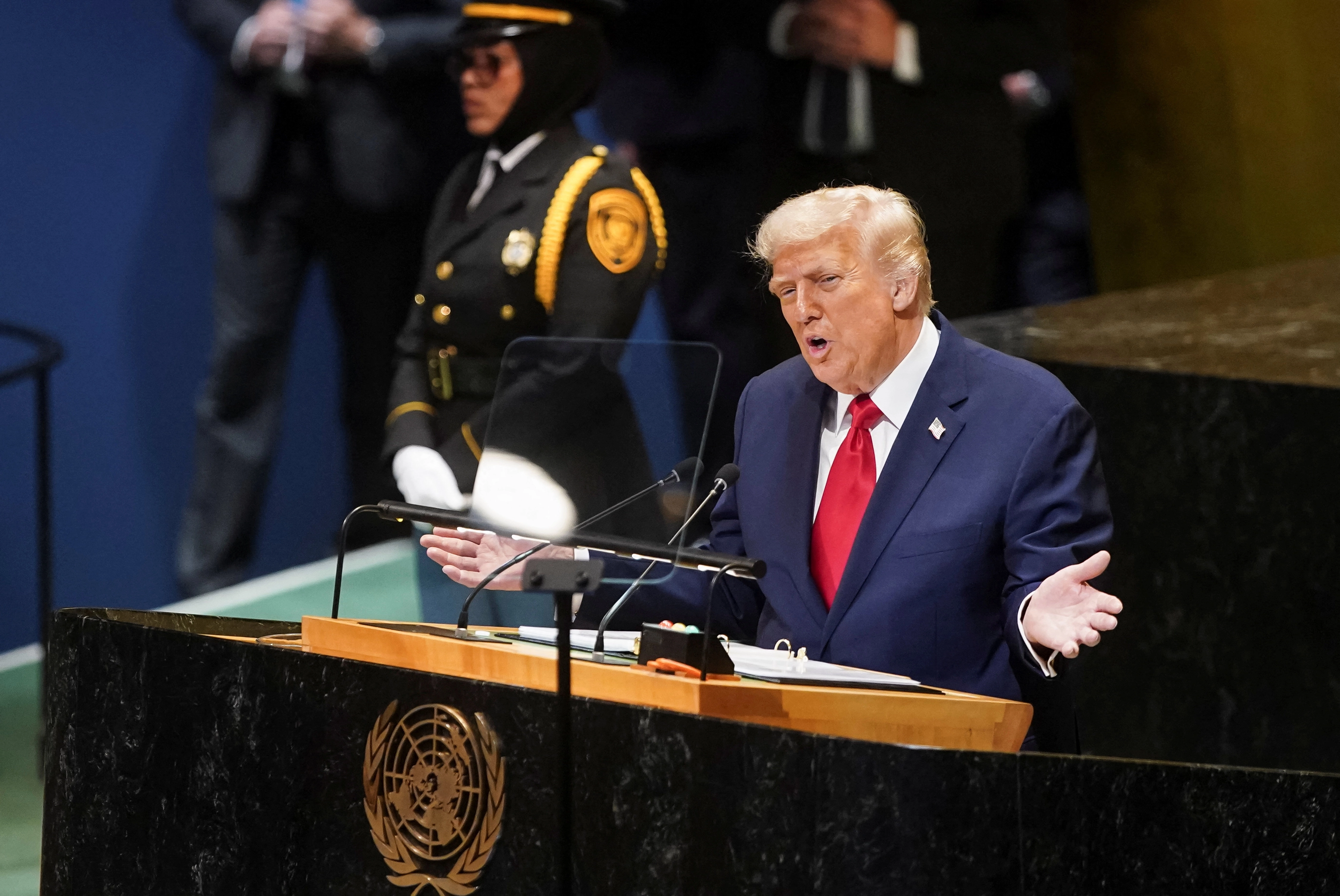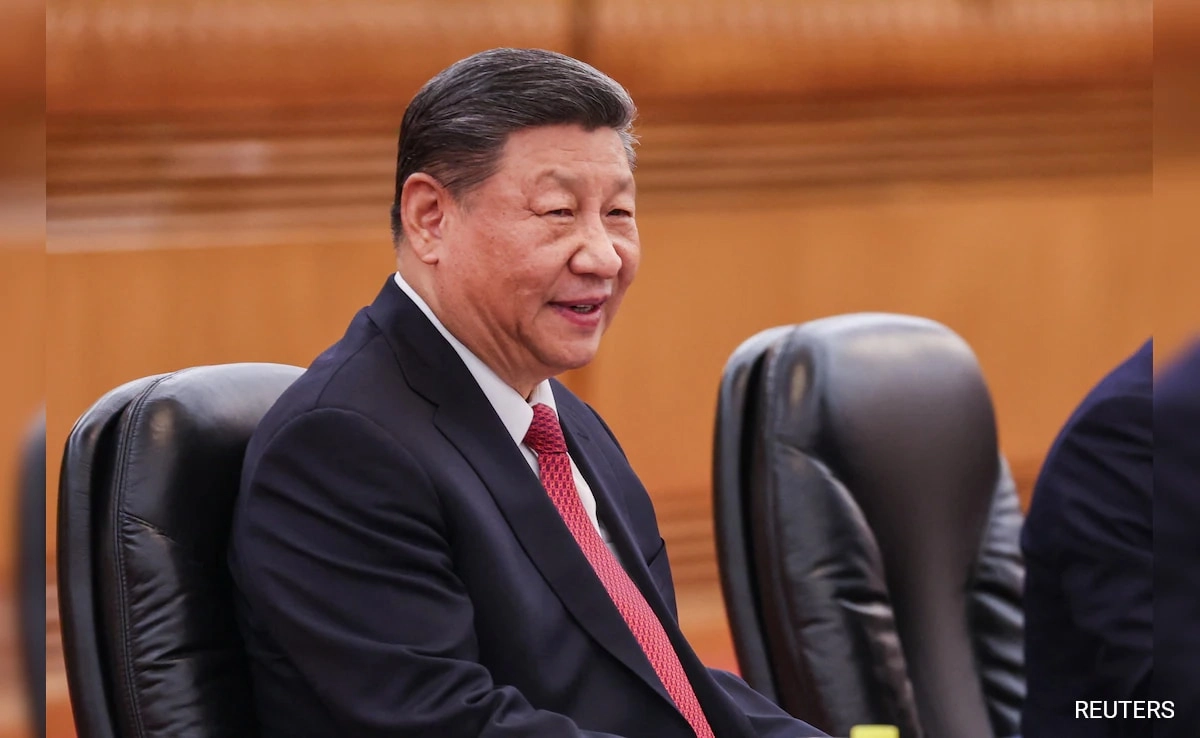During a recent speech at the United Nations, former President Donald Trump reiterated his assertion that he successfully ended seven wars during his time in office, a claim that has raised eyebrows and sparked debate among political analysts and historians. Among the conflicts he mentioned, he included the long-standing tensions between India and Pakistan, which have been a point of contention for decades. Trump’s remarks reflect his broader narrative of having prioritized peace and stability on the global stage, positioning himself as a leader who sought to resolve conflicts through negotiation rather than military intervention.
Critics of Trump’s claims argue that while he may have initiated discussions and diplomatic efforts aimed at reducing hostilities, the complexities of these conflicts cannot be simply attributed to a single leader’s actions. The India-Pakistan dispute, in particular, involves deep-rooted historical grievances and geopolitical dynamics that extend far beyond the tenure of any one individual. Furthermore, some of the wars he referenced, such as conflicts in Afghanistan and Syria, continue to simmer, raising questions about the validity of his assertions regarding their resolution.
The former president’s comments come amid a broader context of rising nationalism and a shift in foreign policy approaches among world leaders. Trump’s emphasis on ending wars aligns with his “America First” agenda, which prioritized domestic concerns over international engagements. However, the effectiveness of his administration’s strategies in achieving lasting peace remains a point of contention, with many arguing that the geopolitical landscape has become increasingly complex and fraught with challenges that require multifaceted solutions beyond mere declarations of peace.
As Trump continues to make headlines with his statements, it is essential to critically examine the implications of his claims and the realities of international relations. The discourse surrounding such assertions not only shapes public perception but also influences policy discussions and diplomatic relations. Ultimately, the legacy of any leader in terms of conflict resolution is best measured by the long-term stability and peace achieved, rather than the immediate narrative crafted during their time in office.




